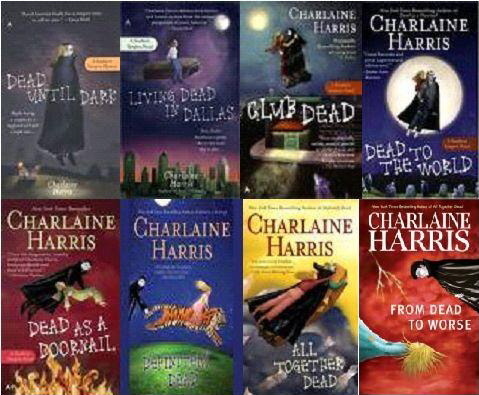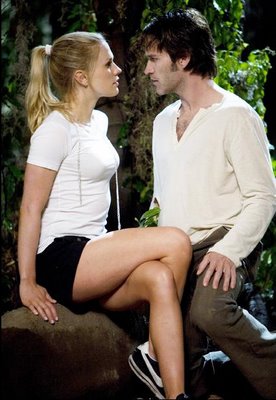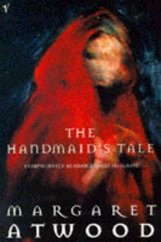 I read Dead Until Dark before HBO made the fabulous True Blood series. When the series ended its season, I had a Sookie Stackhouse orgy. I consumed too much, I admit, but when you bite into something you like, it’s hard to stop.
I read Dead Until Dark before HBO made the fabulous True Blood series. When the series ended its season, I had a Sookie Stackhouse orgy. I consumed too much, I admit, but when you bite into something you like, it’s hard to stop.
I recommend the novels if you want some light reading. I recommend the series more (think about that–I’m arguing for a tv adaptation over a book original–that means they’re doing something right). As the show is not limited to Sookie’s point of view, you get to see a fuller world and more fleshed out characters–there’s blood in all of them. Also, I don’t always like Sookie’s point of view. She tries a bit too hard to be a small town girl. And I certainly don’t share her opinion that a real man is one who keeps duct tape in his truck (yes–it has to be a truck–Charlene Harris has a type.)
Recommendation aside, here are reasons why you shouldn’t read them all at once:
1. The books will give you the false impression that all men, once you get to see them naked, are perfectly formed and well endowed, which will lead to disappointment in real life.
2. Harris has to work a certain amount of exposition into her texts. As the number of the novels increases, the amount of necessary exposition increases (as we must assume that not all readers will have read or remembered the previous novels). If you read quickly, you will be annoyed by the clumsy and repetitive moves.
3. You will also start to resent the fact that Harris constantly has Sookie taking a shower or brushing her teeth after a particularly grueling and gruesome day and always remarks that she feels “almost human” after cleaning up a bit. It’s not that funny the first time, and definitely not funny any time thereafter.
4. At one point, the novels start to lose coherence, which is why Harris (or her publisher) finally hired a continuity specialist. If you read them sparingly, you may just think that you’ve forgotten something (as opposed to realizing Harris has).
5. The books are light weight reads. They are for vampire/fantasy fans, not for mystery fans. Harris does, however, write mystery novels (I haven’t read them). She includes at least one murder mystery per novel, but the mystery genre is not upheld (nor cleverly subverted) here, and thus, the attempts at it prove frustrating. The mysteries seem unimportant, unresolved, and unsolvable in some cases. The “discovery” scenes are merely set up as confessions, often without the pleasure of having any “clues” dropped beforehand for the careful reader to pick up on. I mean, you can still guess who did it (it’s not the butler, but close), but you can’t deduce/induce it.
There are a few things the books show us, though.
First, we are attracted to the idea that there is something more than we can see in our world. Even though it may be dangerous, we want to be a part of it.
Second, any exchange of body fluids, be they vaginal, seminal, or arterial (I’m not sure that that’s a word, but respect the parallelism), involves a power play–so be careful (but take a few chances).



 I read
I read 
 A parent in Canada has asked a school board to take
A parent in Canada has asked a school board to take 


Recent Comments